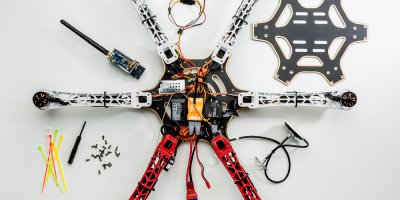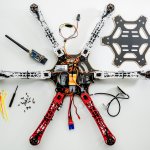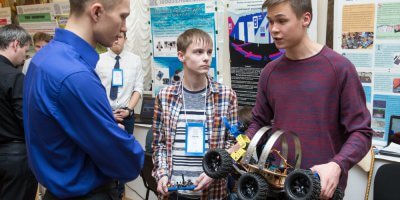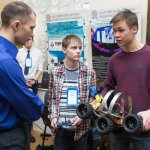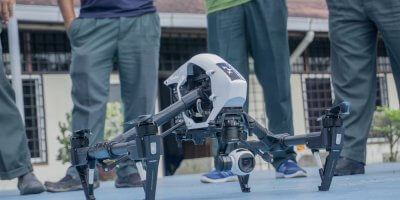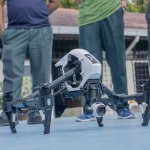
Technology can help Singapore provide better medical care. Source: Shutterstock
Singapore turbocharging clinical support and patient care with AI
OVER THE PAST year or two, China has made significant efforts to integrate technology into the healthcare industry in order to support citizens — and it seems to be sharing that technology with its neighbors in Asia.
Ping An, one of the leading insurers in China with massive investments in artificial intelligence (AI) powered medical and healthcare apps, appliances, and applications, has just announced that it is rolling out a new AI-powered app to doctors in Singapore.
Dubbed AskBob, the tool is intended to provide AI-powered assistance to doctors in Singapore and allow them to expedite diagnosis for up to 1,500 diseases.
More specifically, according to the developers, AskBob provides critical and up-to-date medical information to clinicians when dealing with patients at the point of care and for medical research and self-learning such as case discussions.
Unlike other clinical decision support systems (CDSS), AskBob is a “knowledge + data” two-wheeled drive intelligent CDSS based on millions of anonymous patient medical records, clinical guidelines, and a core medical knowledge graph covering tens of millions of medical data.
The treatment recommendations AskBob provides are authoritative, personalized, and patient-centric. The is interesting because not many AI-powered apps are able to claim that their recommendations are authoritative — most err on the side of caution and avoid using that word.
The launch of the Ping An app is the result of a collaboration between Singapore’s public health care group SingHealth and the National University Health System (NUHS).
“More than a search engine, AskBob uses a medical knowledge graph and a natural language processing engine to empower precise literature analysis without giving you information that you don’t need. This is the power of using AskBob. I believe it will be extremely helpful for clinicians in medical research and case discussions,” NUHS Group Chief Technology Officer Ngiam Kee Yuan.
AskBob makes patient care more intelligent
According to the press release, for medical research and self-learning, AskBob makes use of Ping An’s leading medical knowledge graph and advanced natural language processing technologies (NLP) to perform more user-friendly, intuitive and precise online searches and literature analyses.
In fact, AskBob can provide up-to-date literature analysis summaries and predict scientific research trends and track the scholar team network in a certain research field to connect with researchers around the world.
“With Ping An’s advanced healthcare technologies and through validating and customizing AskBob with SingHealth and NUHS, we believe our smart decision support tool could effectively empower clinicians in Singapore, bringing better health outcomes for Singaporeans,” said Dr. Xie Guotong, Chief Healthcare Scientist of Ping An Group.
What the app could immediately be used for is provide doctors with personalized treatment recommendations for type 2 diabetes patients at the point of care in Singapore.
Diabetes is a serious health issue in Singapore, with one in nine Singapore residents aged 18 to 69 having diabetes.
AskBob’s recommendations can potentially help achieve better diabetes control and health outcomes, including reducing diabetic complications such as stroke and kidney failure.
NUHS, the academic health sciences center in Singapore, is piloting AskBob with clinicians for smart literature search and medical research trend analysis.
According to the Department of Statistics, Singapore has 24 doctors, 74 nurses, and 4 dentists per 10,000 people (2017 numbers).
That’s a whole lot better than China and other emerging economies, but AI can definitely make healthcare, clinical support, and patient care much easier overall.
At the end of the day, this initiative is another step in the right direction — taking Singapore closer to a much more digitally integrated cityscape.
READ MORE
- The criticality of endpoint management in cybersecurity and operations
- Ethical AI: The renewed importance of safeguarding data and customer privacy in Generative AI applications
- How Japan balances AI-driven opportunities with cybersecurity needs
- Deploying SASE: Benchmarking your approach
- Insurance everywhere all at once: the digital transformation of the APAC insurance industry

